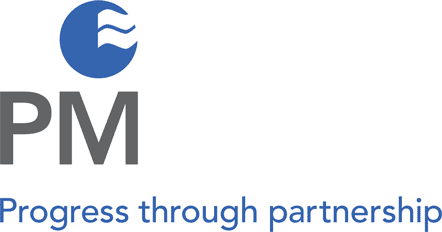
It is often said that the Chinese word for crisis is made up of characters for “danger” and “changing point”, the latter usually translated as “opportunity”, and never has this been truer for community pharmacy than with the current danger and opportunity presented by the coronavirus. The COVID-19 pandemic may not have made community pharmacy more skilful or more relevant than it is already, but it has demonstrated our skills and relevance to patients, public, parliamentarians and commissioners alike. This has resulted in development and relaxation of policies and guidance that, if continued beyond lockdown, will enhance and develop the profession.
Firstly, there has been increased recognition and acceptance of Pharmacy as an integral part of the NHS. Although GPs are also independent contractors they have always been assumed by public and parliament to be working directly for the NHS, but in this time of national support and pride in healthcare teams, pharmacies have now also been acknowledged as key workers. As well as continued child care provision, advanced Coronavirus testing, and primary access to food shopping, more important and fundamental recognition has come by way of confirmation that all pharmacy team members are covered by the Assaults on Emergency Workers Act 2018, entitlement to the death in service pay out through inclusion within the COVID-19 Life Assurance Scheme, and the precedent of an enhanced payment from NHS England for Bank Holiday opening.
Secondly there has been increased recognition and acceptance of the professional capability of pharmacists. Generally greater discretion for professional accountability was encouraged by the General Pharmaceutical Council (GPhC) who emphasised that professional judgment is acceptable and encouraged; for example splitting bulk packs of paracetamol to enable OTC sale, determining missing details from prescriptions including controlled drug prescriptions, and the repurposing of medicines. Practical support for such extending responsibility also came as insurers confirmed enhanced clinical negligence indemnity in response to coronavirus.
Finally, there are aspects that encompass both the previous points but that specifically expedite work and activity. These include the presumption of consent to view patient demographic information on Summary Care Record in order to identify shielding status, removal of the need for face to face vaccination training, and provision for the emergency supply of controlled drugs – either as an extension of the Severe Shortage Protocols (SSP), at the request of a patient, or varying the frequency of instalment prescriptions.
Such national health emergencies are very often the proverbial Burning Platform that delivers change, as evidenced with the Swine Flu epidemic in 2009 that saw the duration of treatment that could be made under an Emergency Supply increase from five to 30 days. Importantly, this change was not rescinded once the H1N1 virus had settled into background levels of transmission. Pharmacy must hope that this year’s battle colours awarded us in the fight against coronavirus continue to proudly fly, and that being a more fully integrated part of the NHS and treated as the capable clinical professionals that we are will continue and develop beyond the current pandemic.
